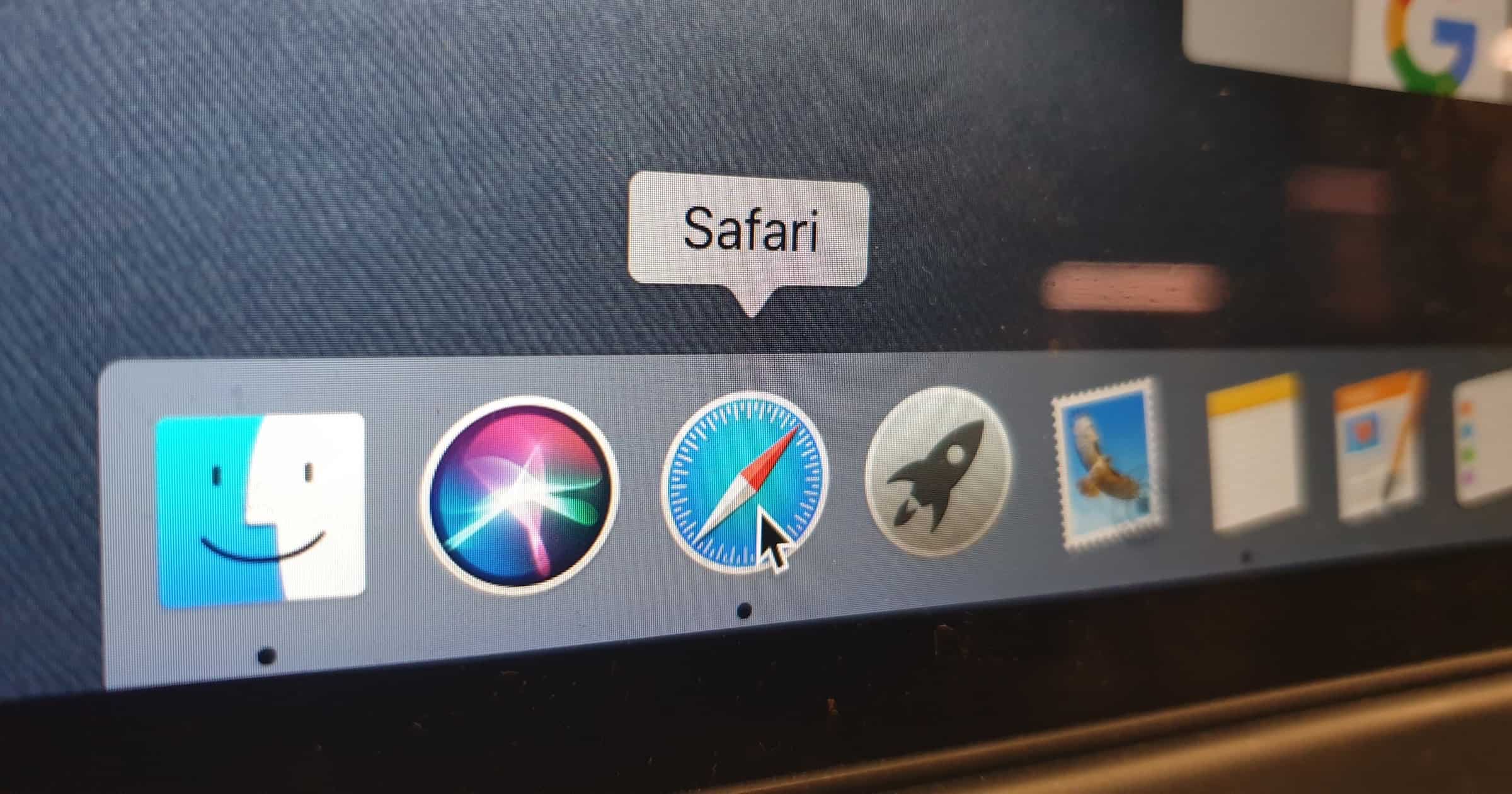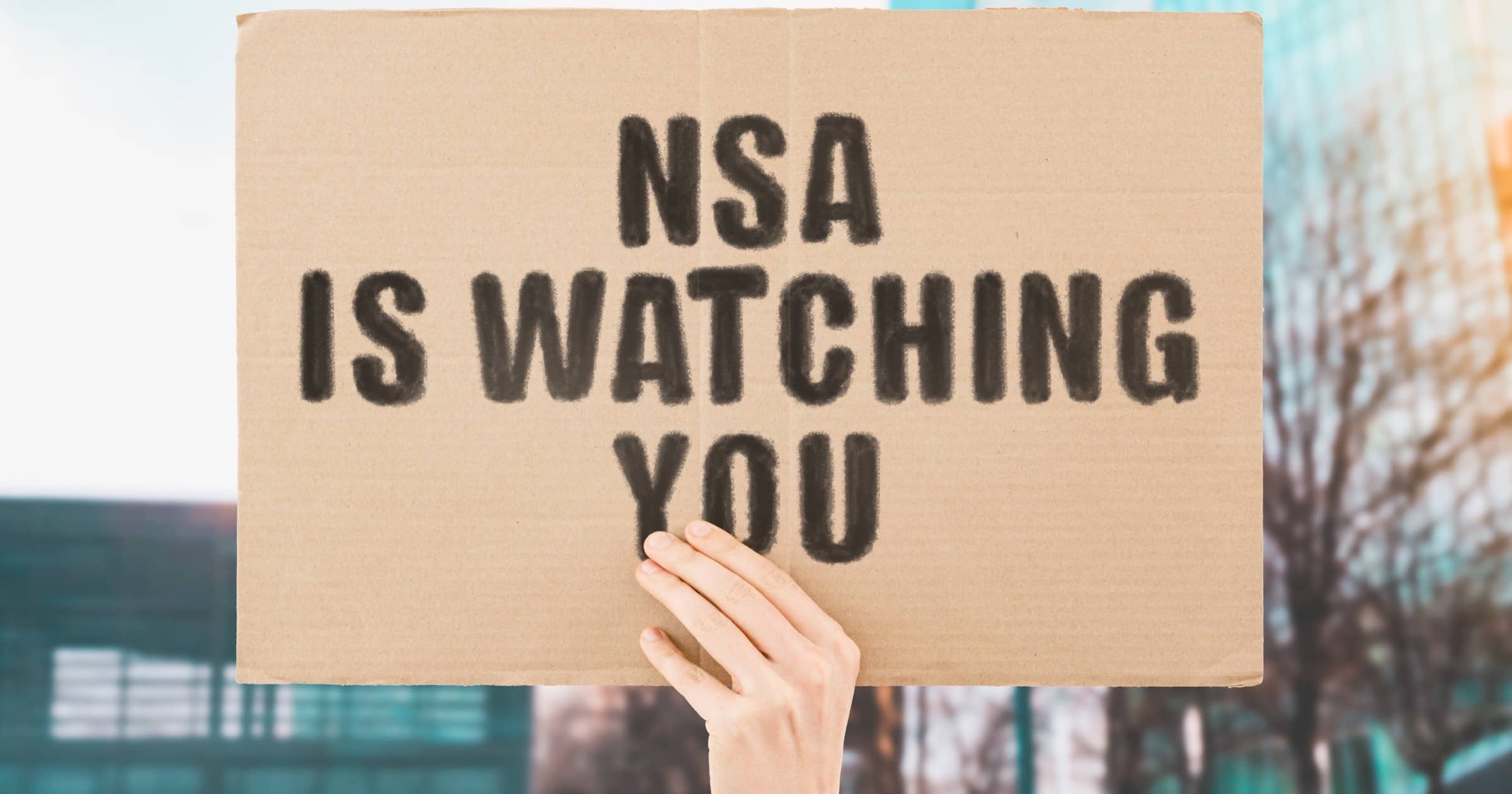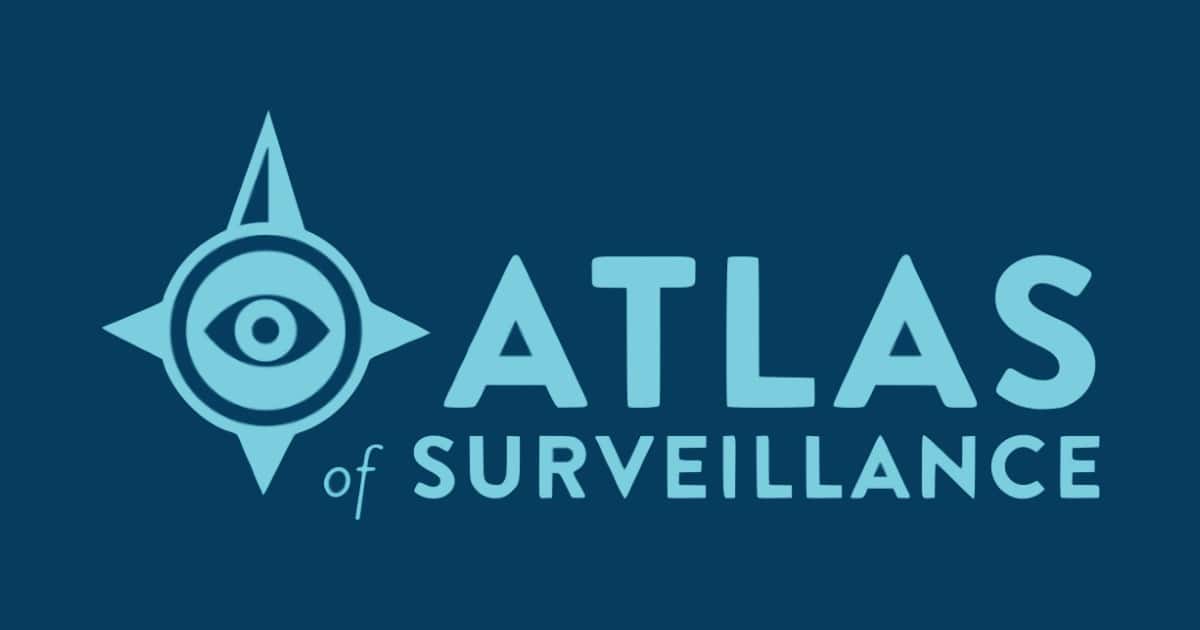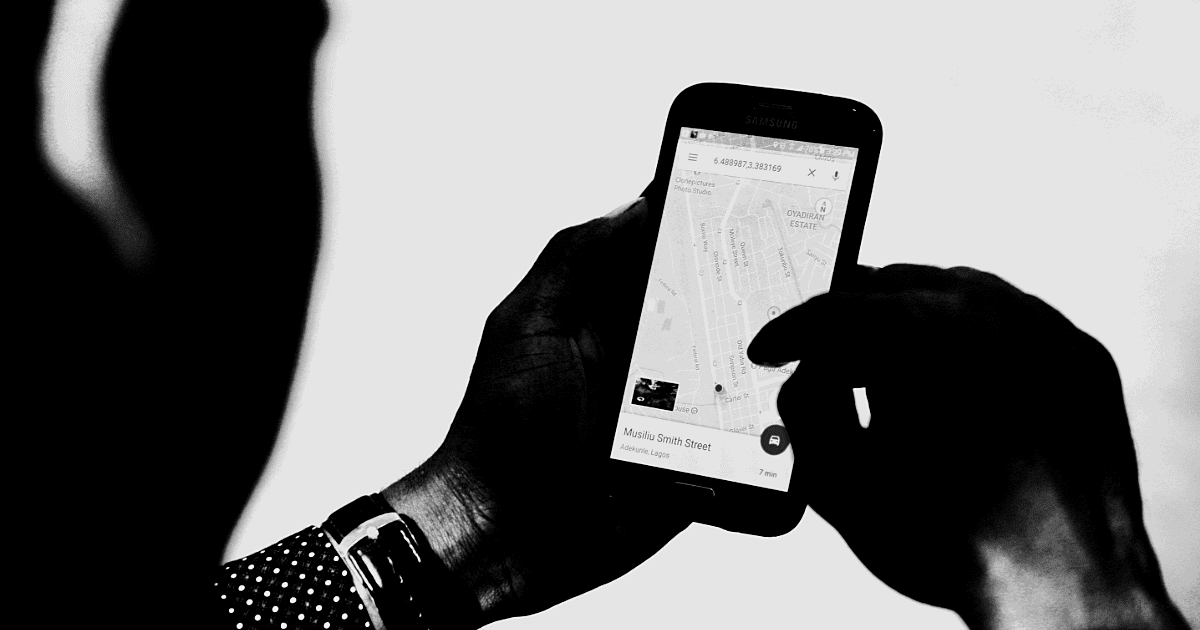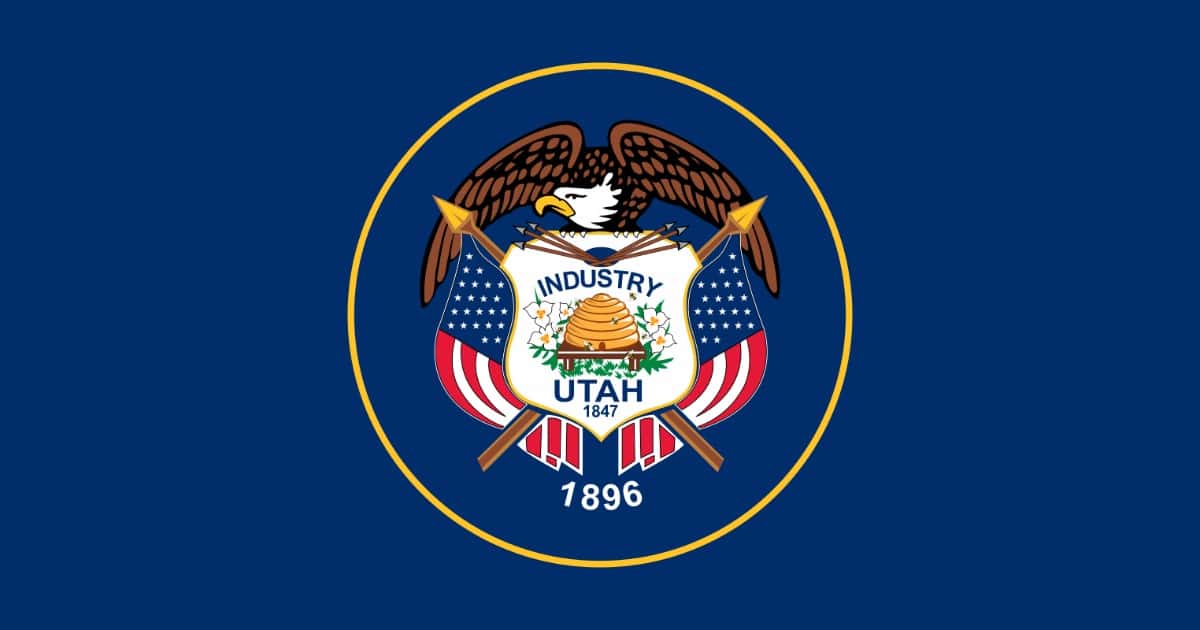As if reality couldn’t be more dystopian, researchers for the International Monetary Fund proposed that credit scores should include data from peoples’ browsing, search, and purchase history.
Citing soft-data points like “the type of browser and hardware used to access the internet, the history of online searches and purchases” that could be incorporated into evaluating a borrower, the researchers believe that when a lender has a more intimate relationship with the potential client’s history, they might be more willing to cut them some slack.
What an insane, stupid idea. Too poor to afford a Mac? Sorry! Your credit score won’t be rising above 600.
